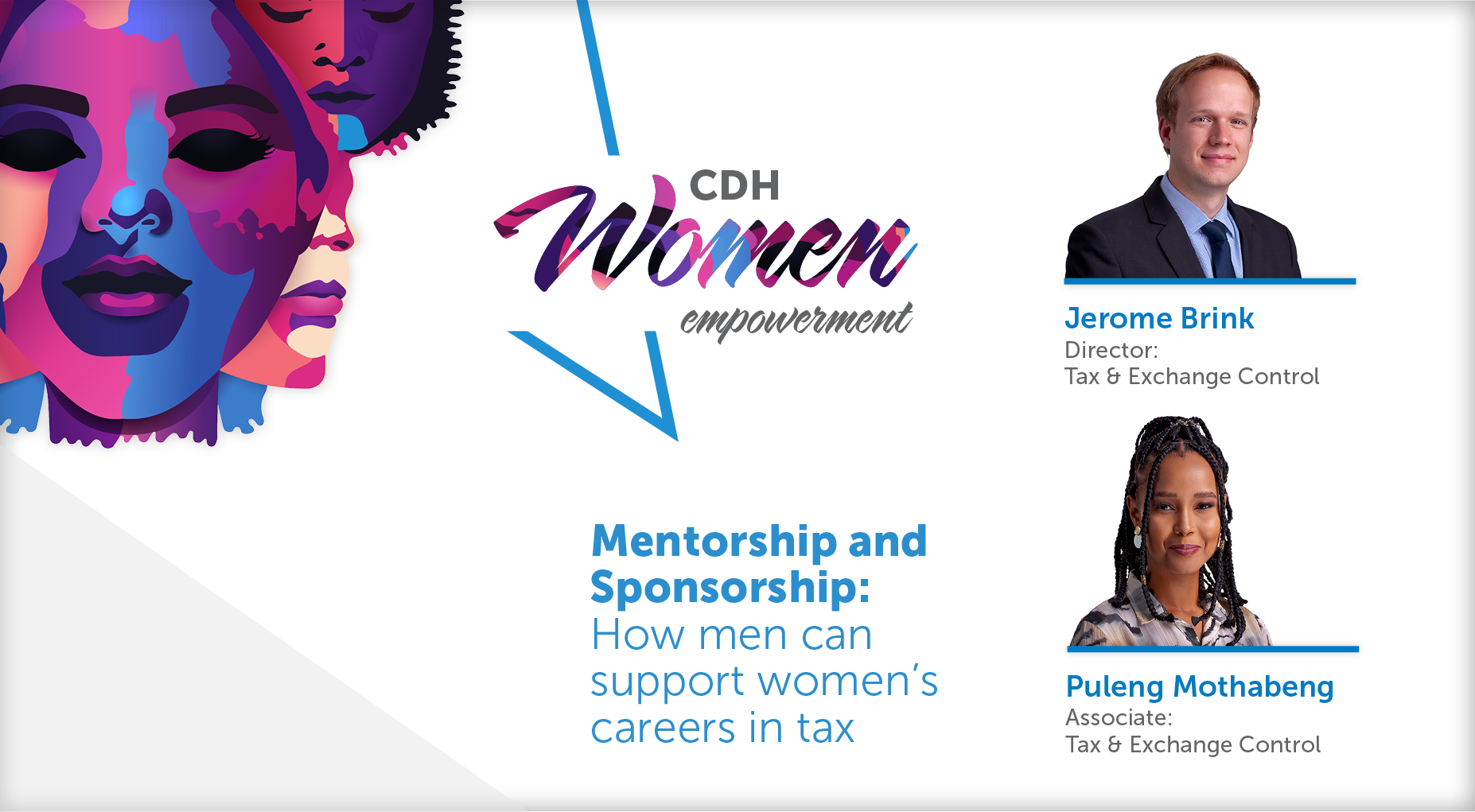Rules of the game: Keep the Consumer Protection Act in mind when facilitating promotional competitions
Section 36(1)(d) of the CPA defines a ‘promotional competition’ as any competition, game, scheme, arrangement, system, plan or device for distributing prizes by lot or chance if:
“(i) it is conducted in the ordinary course of business for the purpose of promoting a producer, distributor, supplier, or association of any such persons, or the sale of any goods or services; and
(ii) any prize offered exceeds the threshold prescribed in terms of subsection (11), irrespective of whether a participant is required to demonstrate any skill or ability before being awarded a prize.”
In addition to the definition of a ‘promotional competition’, Section 36 further defines a prize to include, inter alia, a reward, gift, free good or service, price reduction or concession and enhancement of quantity or quality of goods or services.
Who is classified as a promoter?
The term ‘promoter’ is defined widely in Section 36(1)(c) of the CPA, and includes not only a person who directly or indirectly promotes, sponsors, organises or conducts a promotional competition, but a person for whose benefit such competition is promoted, sponsored, organised or conducted. Therefore, even if a business outsources the facilitation of its promotional activities to a third party, it will still be considered a promoter for the purposes of the CPA.
Promoters Obligations
The CPA sets the following parameters when running promotional competitions:
Consideration
Section 36(3)(a) of the CPA stipulates that other than the reasonable cost of posting and otherwise transmitting an entry form or device a promoter must not require a participant to pay consideration to partake in the competition. Section 36(4) goes on to explain that a promoter is regarded as having received consideration in two instances. Firstly, if a participant has to pay for access to the competition or for a device by which a person may participate in the competition. Secondly, if participation requires the purchase of any goods or services, and the price charged for such goods and services is more than the price ordinarily charged for similar goods or services without the opportunity of partaking in the promotional competition.
Regulation 11(1) of the CPA Regulations leaves no room for discretion by confirming that for the purposes of section 36(3)(a) the reasonable cost of electronically transmitting an entry shall not exceed R1.50 (one rand and 50 cents) and that such cost includes the total cost of all subsequent communication to the consumer.
Competition Rules
A promoter is required to:
- prepare competition rules before the beginning of the competition;
- make the competition rules available to the National Consumer Commission and to any participant on request and without cost; and
- retain a copy of the competition rules for the prescribed period after the end of the competition.
Requirements on Prize Winner
In terms of regulation 11(3) of the CPA Regulations any provision in the rules requiring the prize winner to permit the use of their image in marketing material, participate in any marketing activity, or be present when the draw is taking place or the winners are announced, without affording the prize winner the opportunity to decline an invitation or informing such prize winner of the right to decline the invitation, is void.
Nature of the Offer
Section 36(5) of the CPA provides that an offer to participate in a promotional competition must:
“1. clearly state the benefit of the competition to which the offer relates;
- the steps required by a person to accept the offer or participate in
the competition; - the basis on which the results of the competition will be determined;
- the closing date of the competition;
- the medium through which the results of the competition will be made known; and
- any person from whom, any place where, and any date and time on which a person may obtain a copy of the competition rules and where a successful participant may receive
a prize.”
The above requirements may be satisfied directly on any medium through which a person may participate in the competition, on a document accompanying any such medium, or in an advertisement that is advertised during the time of the competition and which is clearly associated with the competition.
Section 36(7) to (9) of the CPA makes it clear that, inter alia, the right to participate in a promotional competition is fully vested in a participant immediately upon them complying with the conditions required by the specific competition. The right must not be made subject to any further conditions and must not be contingent upon the participant paying any consideration to the promoter for the prize.
Who can’t win?
A promoter must not award a prize in a competition to:
(i) a winner if it is unlawful to supply those goods or services to that prize winner; or
(ii) to any person who is a:
(aa) director, employee, agent or consultant to the promoter or any other person who directly or indirectly controls or is controlled by the promoter; or
(bb) a supplier of goods or services in connection with that competition.
Oversight and records
In terms of regulation 11(5) of the CPA Regulations, the promoter must ensure that an independent accountant, registered auditor, attorney or advocate oversees and certifies the conducting of the competition and must report this through the promoter’s internal audit reporting or other appropriate validation or verification procedures.
In accordance with section 36(11)(b) of the CPA, the Minister has prescribed a lengthy list of minimum standards for keeping records associated with the promotional competition. In terms of regulation 11(6) of the CPA Regulations the person who conducts a promotional competition must, for a period of at least 3 years, retain, inter alia:
- a list of all instances when the promotional competition was marketed, including details on the dates, the medium used and places where the marketing took place;
- an acknowledgment of receipt of the prize signed by the prize winner, or legal guardian where applicable, and his or her identity number, and the date of receipt of the prize, or where this is not possible, proof by the promoter that the prize was sent by post or other electronic means to the winner using his or her provided details;
- declarations by the persons conducting the promotional competition made under oath or affirmation that the prize winners were, to their best knowledge, not directors, members, partners, employees, agents or consultants of or any other person who directly or indirectly controls or is controlled by the promoter or marketing service providers in respect of the promotional competition, or the spouses, life partners, business partners or immediate family members;
- the basis on which the prize winners were determined; and
- a summary describing the proceedings undertaken to determine the winners, including the names of the persons participating in determining the prize winners, the date and place where that determination took place and whether those proceedings were open to the general public.
The CPA casts a wide net in how it regulates promotional competitions. We implore all businesses to keep the above set of legislative requirements front of mind when conducting any competitions of this nature.
The information and material published on this website is provided for general purposes only and does not constitute legal advice. We make every effort to ensure that the content is updated regularly and to offer the most current and accurate information. Please consult one of our lawyers on any specific legal problem or matter. We accept no responsibility for any loss or damage, whether direct or consequential, which may arise from reliance on the information contained in these pages. Please refer to our full terms and conditions. Copyright © 2024 Cliffe Dekker Hofmeyr. All rights reserved. For permission to reproduce an article or publication, please contact us cliffedekkerhofmeyr@cdhlegal.com.
Subscribe
We support our clients’ strategic and operational needs by offering innovative, integrated and high quality thought leadership. To stay up to date on the latest legal developments that may potentially impact your business, subscribe to our alerts, seminar and webinar invitations.
Subscribe



